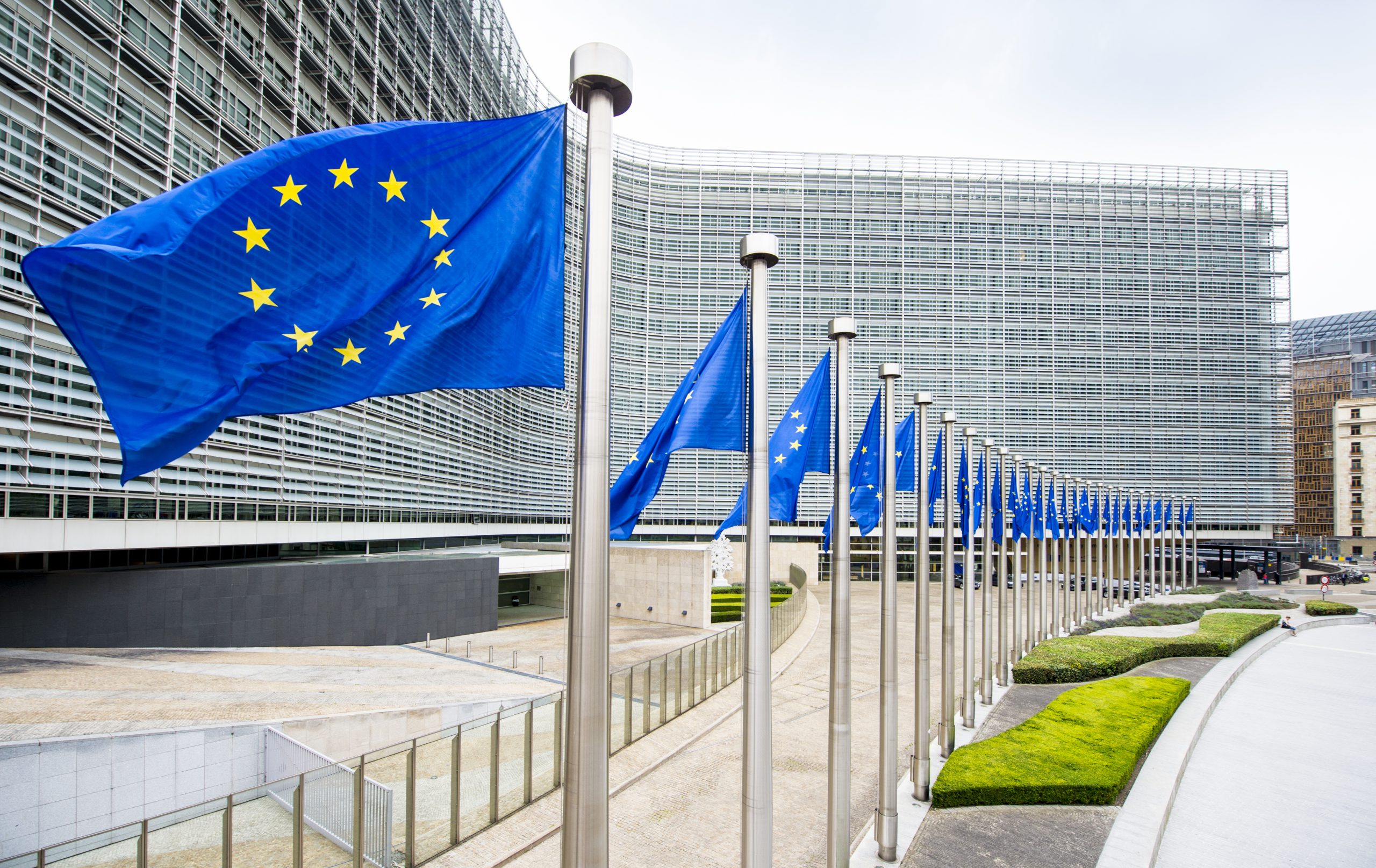Copyright: Commission urges Member States to fully transpose EU copyright rules into national law
 @European Union, 2018
@European Union, 2018Today, the Commission has decided to send reasoned opinions to Bulgaria, Cyprus, Greece, Ireland, Latvia, Poland, Portugal, Slovenia, Slovakia and Finland over their failure to notify the Commission of transposition measures on copyright and related rights applicable to certain online transmissions (EU Directive 2019/789).
The Commission has also today sent reasoned opinions to Belgium, Bulgaria, Cyprus Denmark, Greece, France, Latvia, Poland, Portugal, Slovenia, Slovakia, Finland and Sweden for failure to notify the Commission of transposition measures on copyright and related rights in the Digital Single Market (Directive (EU) 2019/790).
These two Directives aim to modernise copyright rules for consumers and creators to make the most of the digital world. They protect rightholders from different sectors, stimulating the creation and circulation of more high-value content. They bring greater choice of content for users by lowering transaction costs and facilitating the distribution of radio and television programmes across the EU.
Member States must enact these rules without further delays, this will allow EU citizens, the creative sectors, the press, researchers, educators and cultural heritage institutions as well as service providers across the EU to start benefitting from them.
On 23 July 2021, the Commission opened the infringement procedure by sending letters of formal notice to the Member States that did not communicate complete transposition of the two Directives. The Commission today followed up with reasoned opinions for those Member States mentioned above.
New Copyright Directive
In September 2016, the Commission proposed an update of the EU rules on copyright to fit the new way creative content is produced, distributed and accessed online. A growing number of Internet users access music or audiovisual content online and creators now primarily earn a living out of digital revenue stream.
The new rules concerns the relationships between copyright holders and online platforms and the remuneration of individual artists and creators. The new Copyright rules ensure fairer remuneration for creators and rightholders, press publishers and journalists, in particular when their works are used online. These rules introduce more legal certainty and create more remuneration opportunities in the relationships with online platforms, rebalancing bargaining power.
The new rules also include new guarantees to fully protect the freedom of expression of users online, to allow them to legitimately share their content. Finally, the new rules create further opportunities, in particular through new copyright exceptions and simplified licensing mechanisms for using copyright-protected material online and across borders for education, research and preservation of cultural heritage purposes.
On 26 April 2022, the Court of Justice of the European Union published its judgment (C-401/19) regarding the action brought by Poland regarding Article 17 of the new Copyright Directive, a key provision that brought about new rules on content-sharing platforms providing legal certainty for internet users and citizens uploading copyright-protected content online. The judgment confirms that Article 17 represents a fair balance and includes the necessary safeguards to ensure freedom of expression while protecting the work of rightholders. It confirmed the requirement for Member States to implement it into national law in accordance with the balance between fundamental rights.
New Directive on television and radio programmes
The Commission also made a proposal in September 2016 to update EU rules facilitating the clearance of rights (i.e. obtaining right holders’ authorisations) for the online transmissions and retransmissions of radio and TV programmes, to the ultimate benefit of European consumers.
The Directive on television and radio programmes as finally adopted in 2019 makes it easier for broadcasters to make certain television programmes as well as their radio programmes on their online services available across borders. It also contains rules which allows retransmission operators to obtain more easily licences for the television and radio channels they retransmit, thus allowing them to reach a broader audience in the EU.
Next Steps
The Member States who received a reasoned opinion today have two months to remedy the situation and adopt national transposing measures for both directives. Otherwise, the Commission may decide to refer these Member States to the Court of Justice of the European Union.
Background
The Directive entered into force in June 2019 and had to be transposed by Member States by 7 June 2021.
Under Article 260(3) of the Treaty on the Functioning of the EU (TFEU), if a Member State fails to transpose a Directive adopted by the European Parliament and the Council into national law within the required deadline, the Commission may call on the Court of Justice of the European Union to impose financial sanctions.
